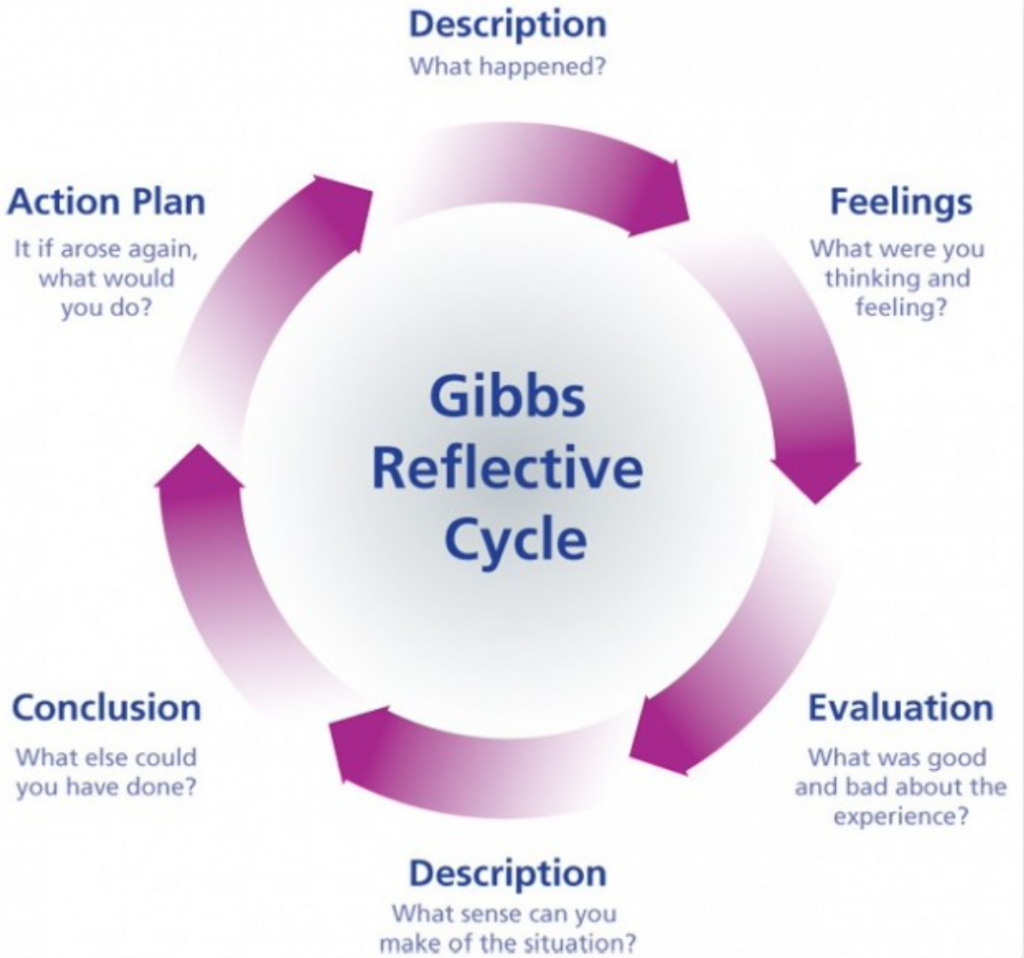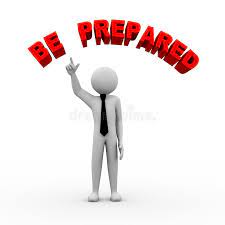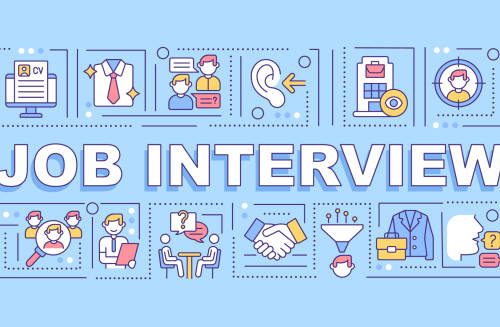The dreaded job interview…
What am I going to do?
At the beginning of this module, I decided to read the module outline and stumbled upon the overview for week 3. It was a description on how I would partake in a simulated interview that will be conducted in front of your peers. It was expected, within groups, to take turns being the interview candidate, and then you switch, and you become the interviewee- with the added bonus that it was compulsory for our module. If I’m being honest, I distinctly remember my heart sinking and thinking “Oh no, what am I going to do.” While I have done a handful of jobs before in my life ranging from a bartender at my local hockey club to a receptionist for Johns Thompson and Sons Ltd Northern Ireland’s leading animal feed manufacturer, I have never actually been asked to come in for a job interview. This usually came down to the fact of connections; I was friendly with the bar owner as I have played at that club for majority of my life, or my friend needed me to fill in for her a few weeks acting as a receptionist. In my opinion I have been lucky enough to not feel the pressure of ‘the dreaded job interview’ but it quickly became obvious that I would not be getting away with it this time.

Description:
“Believe it or not, whether officially or unofficially, the interview begins the minute you walk into the lobby of the potential employer’s building.”
Vega, L. (2010)
The job description I was preparing for was the role of a technician at Guildhall school situated in London. We were placed in groups of three and I decided to bite the bullet and volunteer to go first. I left the classroom for roughly two minutes to give my group time to prepare their question and when I returned, I treated them with same manner and professionalism as I would an actual potential employer, introducing myself with a handshake. It was important to do this to make a good first impression. I was asked several questions and the interview lasted roughly around fifteen minutes. I was mainly asked questions specific to the job for example what relevant experience i had, why I would be a good fit for the job or checking if I am colour blind, but I was also asked personal questions surrounding things like my hobbies and interests. This allowed the interview to become more personable helping me to relax and I left the interview feeling good and happy with how I answered everything.

Feelings:
As I have stated before I was very nervous and apprehensive going into this whole experience, and in the days leading up to the interview I started feeling more and more nervous. I might not have interviewed before, but it does not mean I never will and even though I was nervous I was also excited to gain experience that would help me feel more confident in a real-life scenario. When entering the room of my peers and seeing the informal set up helped to relax my nerves however simultaneously making me aware that people will be able to hear my interview taking place. This was tricky for me as I struggle with anxiety in situations like this, but I discovered as the interview went on the more comfortable and confident, I felt.
Evaluation:
I was relieved that the feedback I received from my classmates was mostly positive explaining how I appeared calm and confident from the beginning and how I was impressionable. This was beneficial for me as I was able to see what went well for me and what went wrong for me. The positives were that I linked relevant experience I have to the job they were advertising, and I gave good examples of why I would be suited to the job. However, nerves did get the best of me at the start. One negative for me was how when I came into the interview the interviewee asked me “did you get parked ok?” and I quickly replied with “yes sorry I’m late it was hard to find a spot” (which is what happened to me on the actual day of class) due to a panic because I was not expecting to be asked that question. I recovered quickly and the more relaxed I felt the better my answers became. What was really good about the situation was how I was able to hear examples of answers from my peers that could be useful. For example, when asked what hobbies I do, I was reminded that going to the gym was a suitable answer because I heard my friend mention it, which helped showcase the fact I am disciplined and hardworking and gave me an answer for future interviews.
Analysis:
After the interview I realised just how important preparation is for a job interview. This avoids you stuttering or panicking and looking less than adequate when someone asks you a question. I could have prepared more by researching the company in more depth. This would allow me the opportunity to stand out and impress my interviewee with information about the company showing that I will go the extra mile.
“You will be more confident if you are fully prepared.”
Glenny, (2017)
Conclusion:

In conclusion the simulated interviews were very beneficial for preparing for future interviews. It has allowed me to get a grasp of what an interview is like without the added pressure of securing a job, making me feel more confident and comfortable in future interviews. Switching between the person being interviewed and the person doing the interviews made was beneficial for me in expanding and bettering my answers like the inclusion of gym or walking my dog as a hobby.
Action plan:
My action plan for future interviews is to prepare so much more. I have learnt you cannot come too prepared, and it can only strengthen your chances of securing the job. I would do research on the company and in the future ask the interviewee more questions to help with confidence, to see if the job is the right fit for you, and showing your hopefully future employer that you are keen about the job. I will include hobbies that show my discipline, and I (hopefully) will never say or be late again!
Bibliography
Glenny, L. (2017) “How to do well at interview,” BMJ [Preprint]. Available at: https://doi.org/10.1136/sbmj.j1290.
Vega, L. (2010) The Image of Success : Make a Great Impression and Land the Job You Want. New York: AMACOM. Available at: https://search.ebscohost.com/login.aspx?direct=true&db=edsebk&AN=321660&site=eds-live&scope=site (Accessed: 23 February 2023).
You May Also Like

BE A S.T.A.R 🌟
14 February 2023
Interview a New You! – Becoming an Interview Guru
24 February 2023
